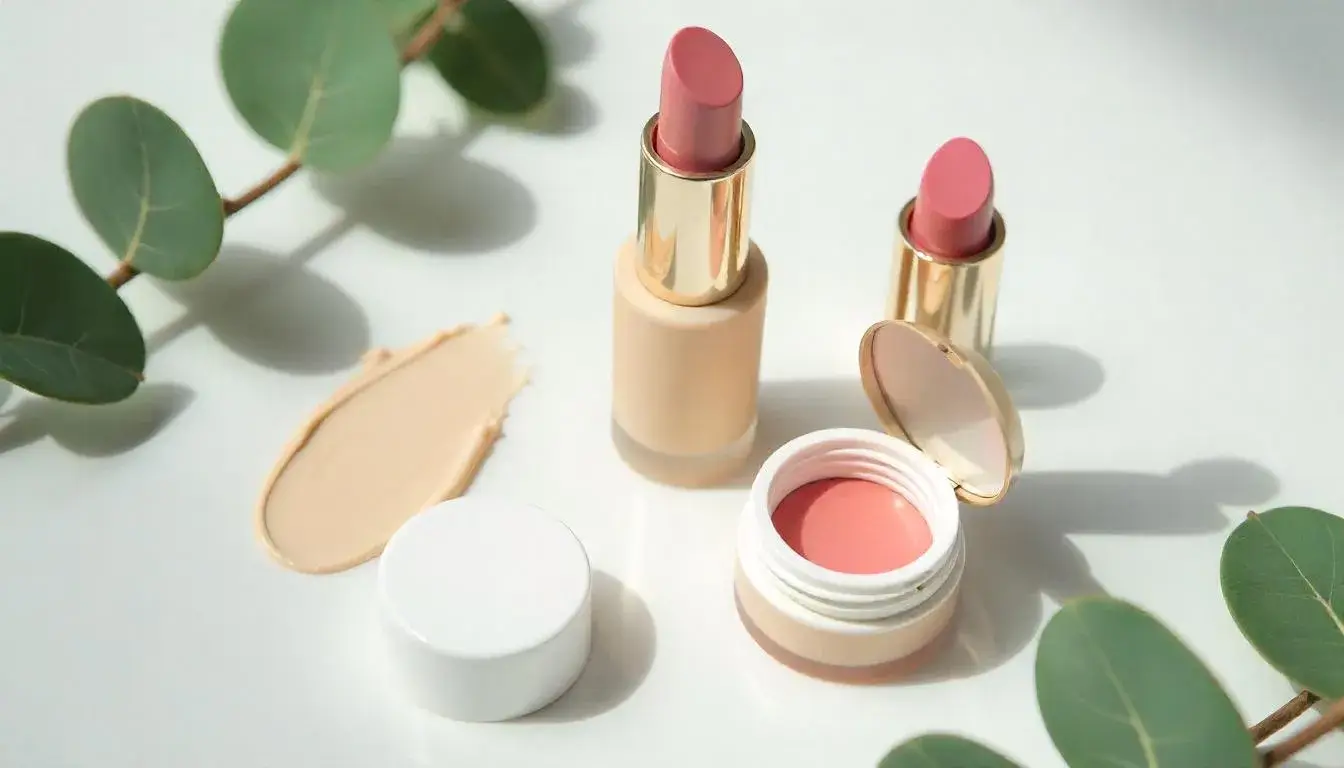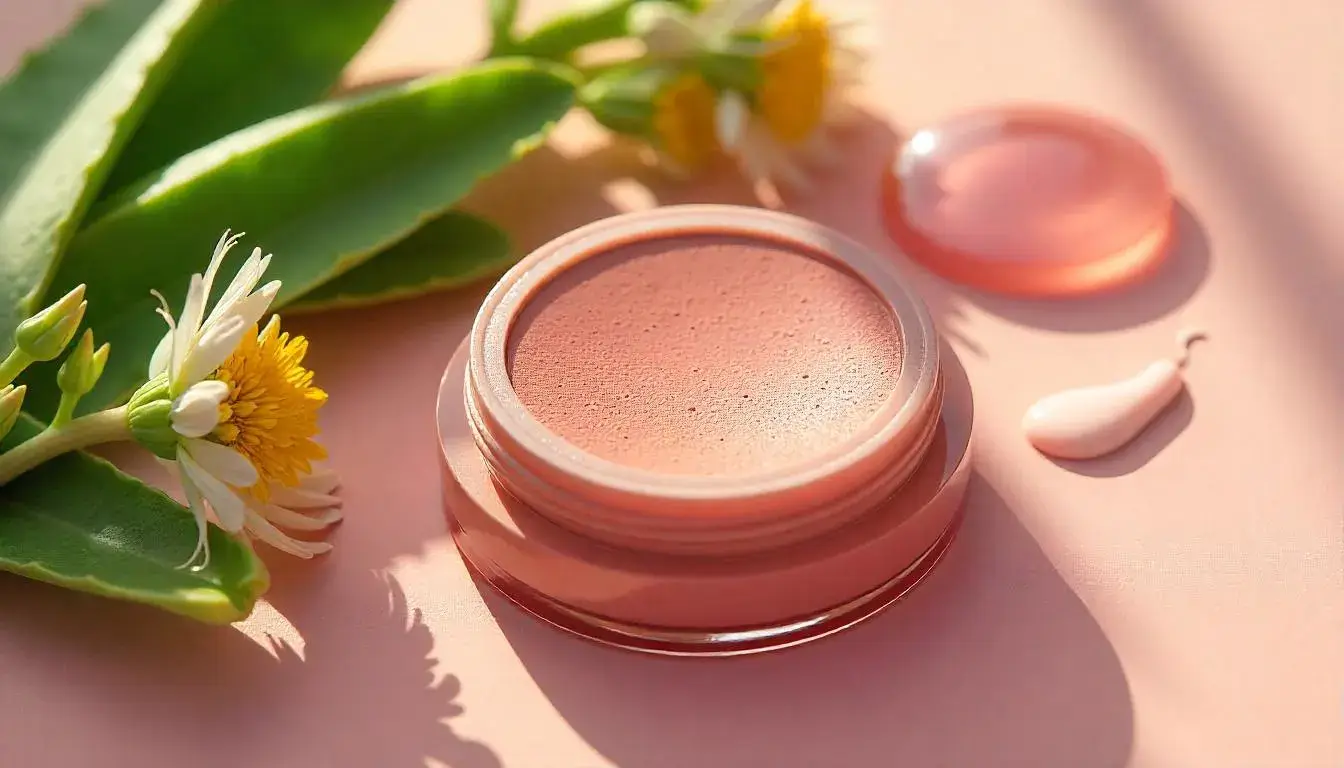Is Rare Beauty Clean? Uncover the ingredients inside

Consumers are increasingly prioritizing clean, ethical, and skin-safe products when selecting makeup. Rare Beauty, founded by Selena Gomez, has become a leading name in the beauty industry for its minimalist aesthetic and emotional health mission.
But is Rare Beauty truly a clean brand? This comprehensive guide dives deep into Rare Beauty’s ingredients, ethical certifications, consumer feedback, and comparisons with other clean beauty brands to determine whether it meets clean beauty standards.
What Is “Clean Beauty”?
Understanding the Clean Beauty Movement
Clean beauty refers to cosmetic and skincare products that are made without potentially harmful ingredients. These products generally avoid parabens, sulfates, phthalates, synthetic fragrances, mineral oils, and other controversial substances.
Key Pillars of Clean Beauty:
- Non-toxic ingredients
- Transparency in labeling
- Cruelty-free testing
- Sustainable and ethical sourcing
Certifications to Look For
Clean Beauty Labels May Include:
- EWG Verified
- Leaping Bunny Certified
- Cruelty-Free International
- Vegan Certification (e.g., PETA approved)
Rare Beauty’s Philosophy and Mission
Brand Background
Rare Beauty was launched in 2020 by actress and singer Selena Gomez. The brand emphasizes self-acceptance, natural beauty, and mental health.
Official Mission Statement
Rare Beauty’s mission is to break down unrealistic beauty standards by encouraging everyone to embrace their individuality.
Is Rare Beauty Trying to Be a Clean Brand?
While Rare Beauty does not explicitly market itself as a 100% clean beauty brand, it focuses on gentle, skin-friendly formulas and ethical practices.
Ingredients Policy of Rare Beauty

Ingredient Transparency
Rare Beauty is open about the ingredients in its products and avoids many commonly flagged chemicals.
Common Ingredients Rare Beauty Avoids:
- Parabens
- Phthalates
- Formaldehydes
- Mineral Oils
- Sulfates (SLS and SLES)
- Talc
Ingredient Examples from Best-Sellers
Soft Pinch Liquid Blush:
- Dimethicone (for smooth application)
- Isododecane (a safe solvent)
- Free from talc and fragrance
Liquid Touch Weightless Foundation:
- Free of alcohol and parabens
- Contains botanical extracts
Is Rare Beauty Vegan and Cruelty-Free?
Cruelty-Free Status
Rare Beauty is officially cruelty-free. The brand is Leaping Bunny certified, meaning they do not test on animals or sell in countries where animal testing is required.
Vegan Status
Most Rare Beauty products are vegan, but not all. The brand labels vegan products clearly on its website.
Dermatologist-Tested and Skin-Friendly?
Clinical Testing and Sensitivity Claims
Rare Beauty states that its formulas are dermatologist-tested and non-comedogenic, making them suitable for sensitive skin.
Rare Beauty Compared to Other Clean Beauty Brands
Rare Beauty vs. Ilia Beauty
| Feature | Rare Beauty | Ilia Beauty |
|---|---|---|
| Clean Certified? | Not officially | Yes (Sephora Clean Seal) |
| Vegan Products | Mostly | Mostly |
| Cruelty-Free | Yes | Yes |
| Target Audience | Broad, affordable | Eco-conscious, premium |
Rare Beauty vs. RMS Beauty
RMS Beauty leans more toward organic and raw ingredients, whereas Rare Beauty focuses on gentle synthetic ingredients with a skin-safe record.
Rare Beauty vs. Kosas
Kosas is marketed as a clean beauty brand with active skincare ingredients. Rare Beauty is more makeup-centric but shares similar safety standards.
User Reviews: Is Rare Beauty Clean According to Customers?
What Consumers Say
- Many users with sensitive or acne-prone skin report no irritation
- Reviewers appreciate the lightweight, breathable formulas
- Some users wish for official clean certification
TikTok and YouTube Review Trends
Social influencers and skincare professionals frequently praise Rare Beauty’s transparency and gentle formulations.
Statements from Selena Gomez and Rare Beauty
Selena Gomez on Brand Ethos
Selena has publicly stated that Rare Beauty was created to prioritize inner beauty, mental health, and skin-kind products. While not heavily marketing the “clean” angle, she emphasizes safety and feel-good formulations.
Rare Beauty Press Statements
Rare Beauty has stated that all products are formulated without harmful or toxic ingredients, and they conduct extensive safety testing.
Clean Beauty Red Flags: Does Rare Beauty Have Any?
Potential Concerns
- Some products use synthetic silicones like dimethicone, which are debated in the clean community
- Not officially EWG Verified or Sephora Clean
Overall Verdict:
Rare Beauty leans very close to clean without explicitly claiming the label. It avoids all major toxins and aligns with most clean standards.
Final Verdict: Is Rare Beauty Clean?
Summary Table:
| Criteria | Rare Beauty Status |
|---|---|
| Avoids Major Toxins | Yes |
| Vegan or Vegan-Friendly | Mostly |
| Cruelty-Free Certification | Yes (Leaping Bunny) |
| Dermatologist-Tested | Yes |
| Official Clean Beauty Claim | No |
| Ingredient Transparency | High |
Overall Rating:
Rare Beauty is clean by consumer standards, though it lacks official “clean beauty” certification. For users focused on gentle, ethical, and largely non-toxic ingredients, it’s a trustworthy option.
How to Shop Rare Beauty Cleanly
Tips for Conscious Shoppers
- Read ingredient lists on product pages
- Look for the vegan symbol
- Avoid any products with known irritants (though rare)
- Follow beauty blogs that track ingredient safety
Resources for Verifying Clean Beauty Claims
Tools You Can Use
Conclusion
Rare Beauty stands out as a brand that puts consumer health, emotional well-being, and ethical standards at the core of its business. While it doesn’t bear every clean beauty badge available, its transparency, product formulation, and cruelty-free approach make it one of the cleanest mainstream makeup brands available today.
If clean, conscious, and skin-friendly beauty is your goal, Rare Beauty is absolutely worth exploring.


Leave a comment